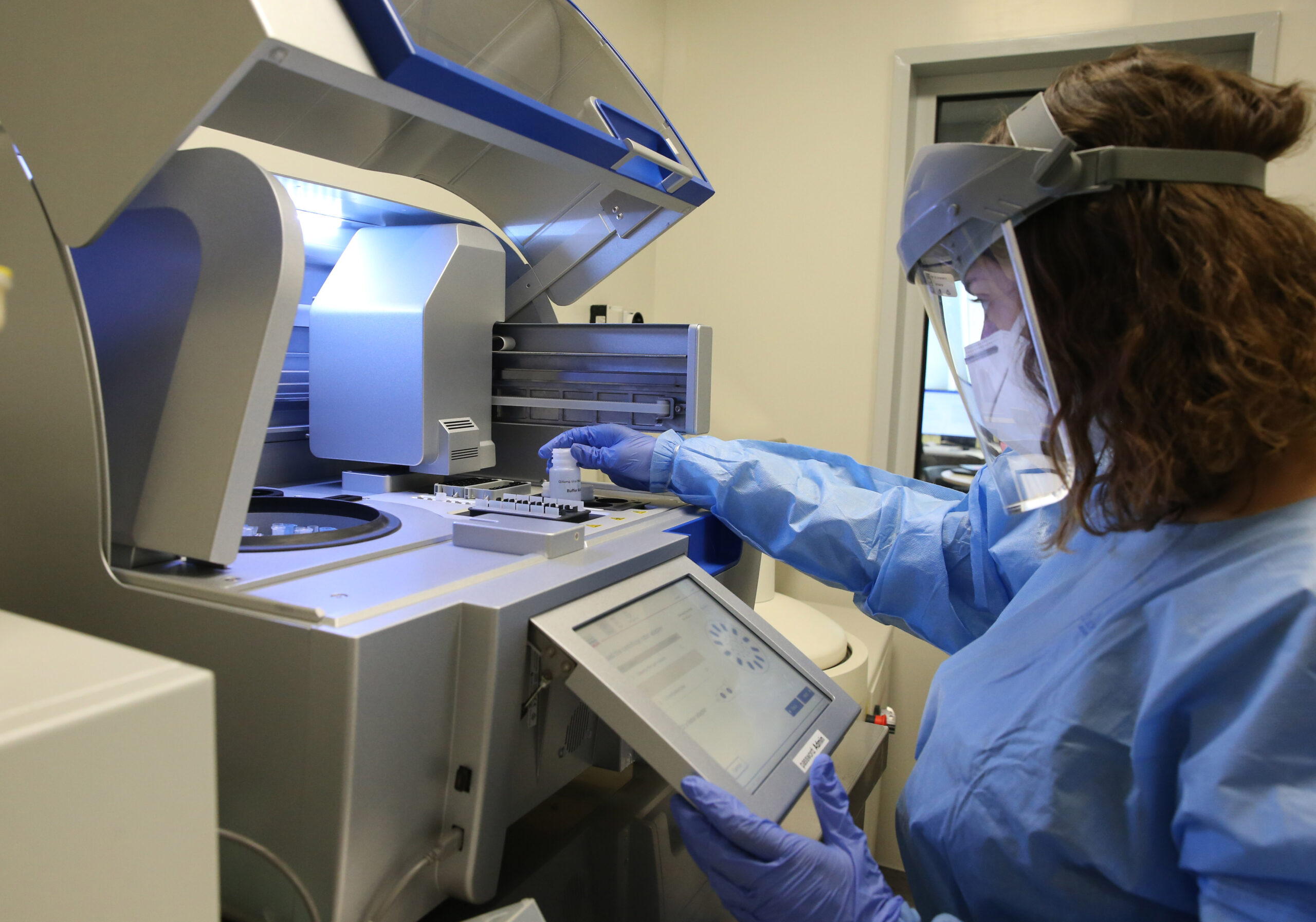Two cases of mysterious hepatitis (acute liver disease) in children have been detected in Cyprus as defined by the European Centre for Disease Prevention and Control, the Ministry of Health confirmed.
“Based on the definition set by the ECDC, the ministry informs that two cases of acute hepatitis of unknown aetiology have been detected in children aged 5 and 4 years, who fell ill in November 2021 and March 2022, respectively,” the Health Ministry said.
The ministry said it is monitoring the increase in cases of acute hepatitis in children under 16, mainly 2–5-year-olds, recorded recently in Europe, the United Kingdom, and America.
Many of the cases reported gastrointestinal symptoms, mainly abdominal pain, diarrhoea, vomiting, and jaundice.
However, the majority of the children concerned did not have a fever.
International health organisations are working together to identify the agent causing acute hepatitis, while the data so far indicate a specific type of adenovirus (type 41) as the predominant cause.
The common viruses that cause acute viral hepatitis (hepatitis viruses A, B, C, D and E) have not been detected in any of these cases.
Cases investigated since October 2021, and the association with side effects from the COVID-19 vaccine is not confirmed as the vast majority of children do not have a history of vaccination, the Health Ministry said.
The ministry advised that if parents notice any symptoms in their children like general malaise, dark-coloured urine, discoloured faeces, jaundice, and yellowing of the skin and eyes, they should contact their doctor.
It also recommends hand washing, avoiding contact with the nose, the eyes and mouth; covering the mouth and the nose when about to cough or sneeze.
“If a child develops any symptoms, it is advised to stay home and avoid contact with others.”
So far across the world, 190 mystery cases of acute hepatitis in children have been reported, with 140 of them in Europe, mostly in the UK (110 cases).
Further cases have been found in Israel and the United States. Seventeen children became so sick they needed liver transplants.
On Saturday, the World Health Organization (WHO) said at least one death had been reported in connection with the outbreak.
The UN health agency said the cases were reported in children aged between one month and 16 years.
The WHO did not say in which country the death occurred.
One theory being investigated by the UK Health Security Agency is that a lack of exposure to the common adenovirus – which usually causes stomach upsets and colds – during the coronavirus pandemic has led to more severe illness among children.
Of 53 cases tested in the UK, 40 (75%) showed signs of adenovirus infection.










